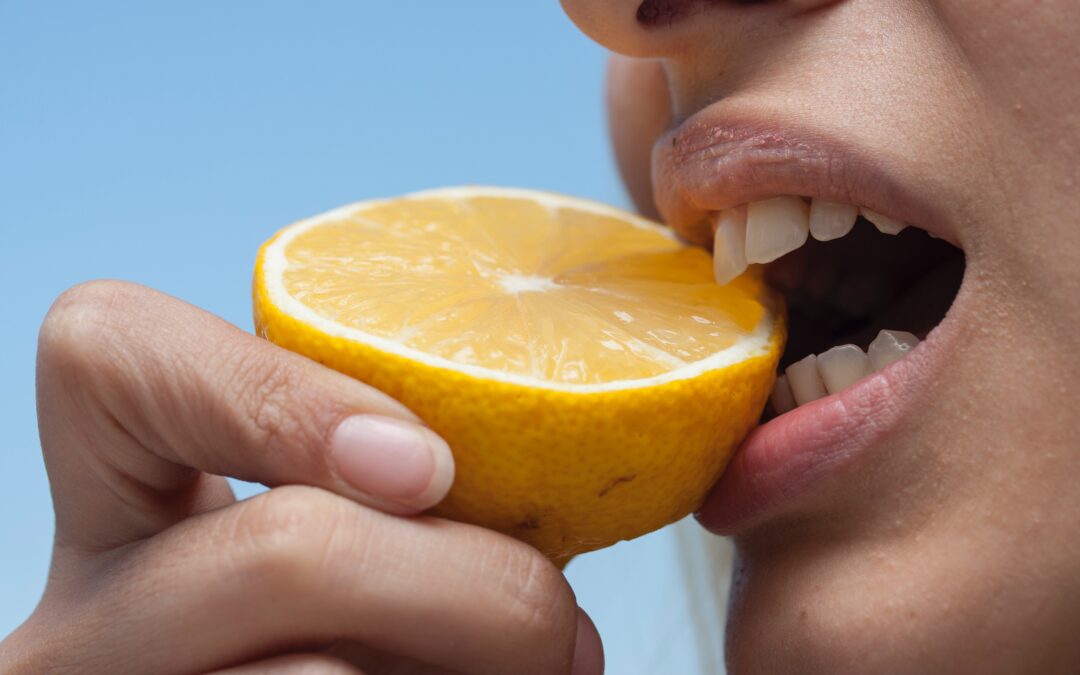Also referred to as retinol, vitamin A is essential for oral health. This vitamin helps fight infection and keep your gums healthy. It’s also important for the production of saliva, which helps keep your mouth moist and prevent cavities.
Good sources of vitamin A include egg yolks, liver, and fortified milk. You can also get this nutrient from dark leafy green vegetables and orange and yellow fruits.
Vitamin B Complex
Thiamine, Riboflavin, Folic Acid, Niacin, Pyridoxine, and Cobalamin are some of the B complex vitamins that play an important role in oral health. These vitamins are essential in preventing irritation of the gums and mouth and promoting healthy gum tissue.
You can find B complex vitamins in various foods, including meat, poultry, fish, eggs, milk, and fortified cereals. You can also get these nutrients from dark leafy green vegetables and legumes.
Vitamin C
Vitamin C is best known for boosting immunity but is also important for oral health. This vitamin helps fight gum disease and promotes healing of the gums. It’s also necessary in production of collagen, a protein that helps keep your gums healthy and strong.
Common sources of vitamin C include citrus fruits like oranges and grapefruit, as well as strawberries, bell peppers, dark leafy green vegetables, tomatoes, and potatoes.
Vitamin D
You see those gorgeous white teeth in toothpaste commercials that make you wonder, how do they do that? Well, the answer is in most part: vitamin D. This nutrient helps your body to absorb calcium and phosphorus, both of which are essential for strong, healthy teeth. Vitamin D also helps fight infection and keep your gums healthy.
To get Vitamin D, eat fatty fish such as tuna, salmon, and mackerel. You can also get this vitamin from fortified milk, eggs, and cheese.
Vitamin K
Last on our list of vitamins is vitamin K. But this is not to say that this vitamin is any less important than the others. Vitamin K helps promote healthy blood clotting, which is essential for healing gums after an injury.
You can find vitamin K in green leafy vegetables, such as spinach, kale, and broccoli. You can also get this nutrient from poultry, beef liver, and egg yolks.
Now that you know the vitamins and minerals important for oral health, be sure to include them in your diet. By doing so, you’ll be on your way to having strong, healthy teeth!


